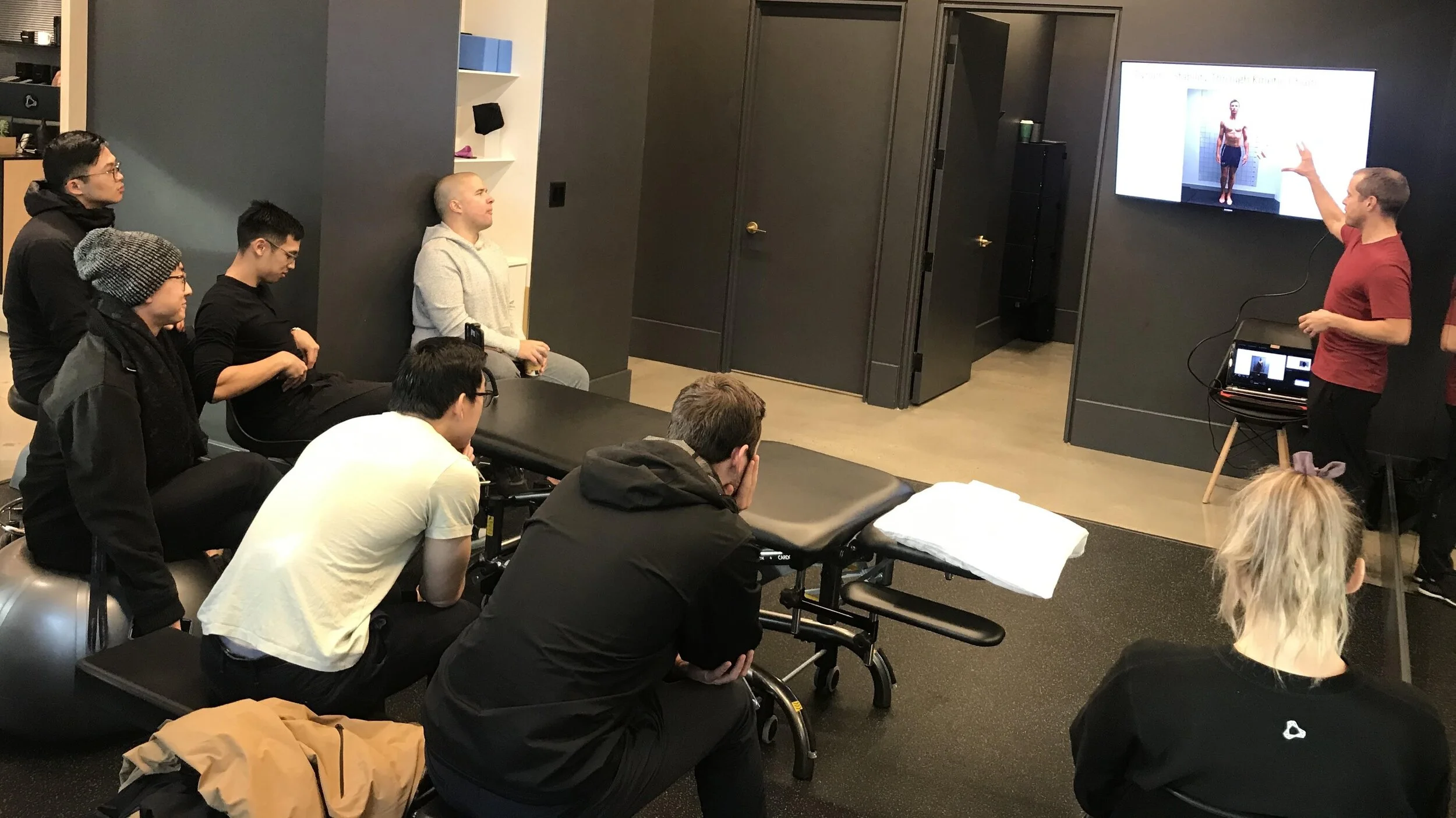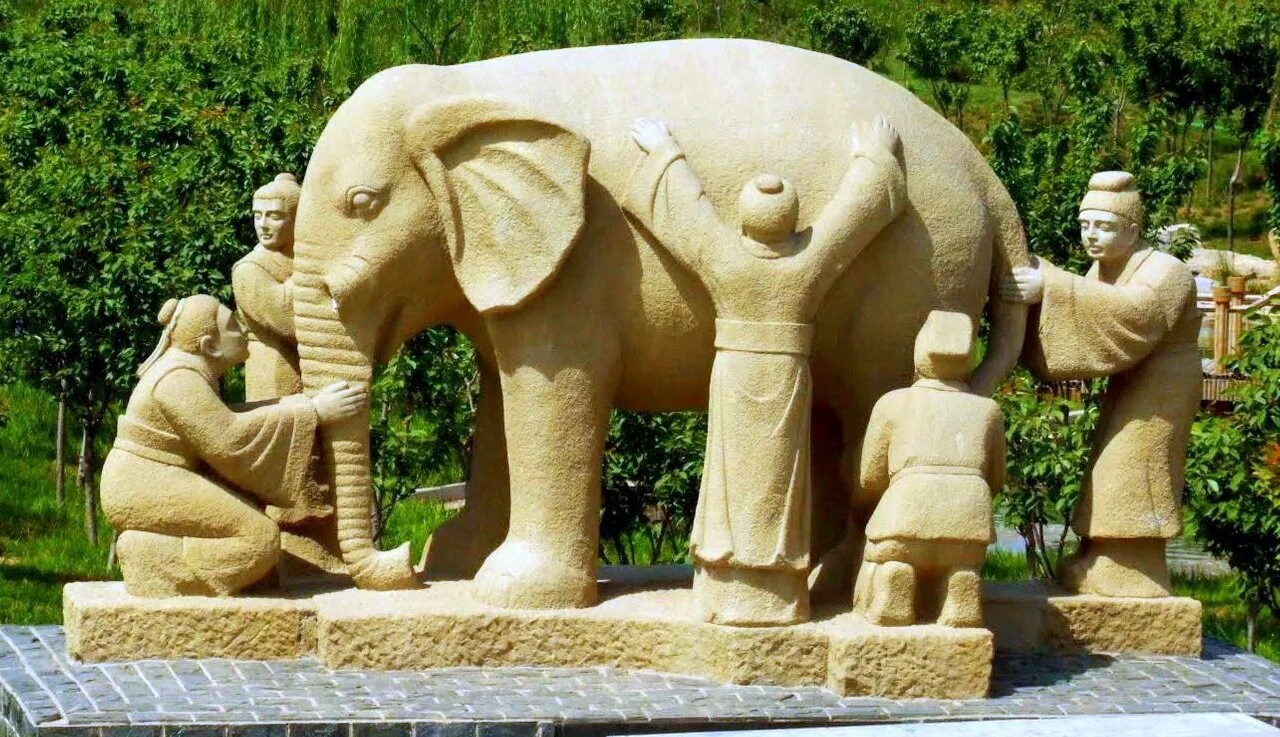An outsider’s view of elite and professional sport tends to assume that these environment are constantly engaged in ‘pushing the envelope’ in the relentless pursuit of better. The situation in reality tends to be quite different. Conventions and the pressure to conform to what others are doing have a powerful pull. Paradoxically the resistance to exploration and barriers to innovation are often more pronounced the highest level. Especially within professional sport those involved are acutely aware that their position is highly prized and job security at a premium. These conditions are naturally not conducive to taking risks or moving beyond the tried and tested. All of this helps to explain the abundant examples demonstrating that opportunities remain to gain significant competitive advantages and even some easy wins
Diversity and Inclusion in Elite Sport
Elite sport is not immune to shifts in cultural norms and conventions in wider society. The number of diversity and inclusion roles have increased 60% in the UK over the past five years, and this has started to be mirrored in sporting organisations. The governance and national sport systems for Olympic sports are government funded, so it perhaps unsurprising that these organisations might be prompted to adopt policy that is becoming the norm in other sectors. That said, professional sports have also begun to follow this trend, notably in the US. In this post we consider what diversity and inclusion means in the context of sport at elite level.
Continuing Our Education
As many practitioners will testify, it is after we have completed our formal education, professional training and certification that the real learning begins. The day to day experience of solving problems with live humans is when we discover the limits of our knowledge. It is also here that we find out that the reality is quite different to what is taught in class and the version that appears in (most) textbooks. Individuals, organisations and certifying bodies alike recognise this need to continue our learning once we are working in our respective field. The terms continuing education, continuing professional development and variations thereof will be familiar to most practitioners across disciplines (sadly it is not so well established in the coaching profession). What is less clear is how we might best tackle this ongoing quest and make good choices from the growing array of options with regards to content and the modes of delivery that are available to us.
Triangulating a Position
As the value of cognitive diversity becomes more recognised, what is striking is how slow we have been to realise the need to revise our habitual ways of consuming information and interacting with those who hold contrary views. Whilst pioneers who think different are celebrated in modern western culture, in reality we are far less amenable to entertaining disagreement and diverging ideas. In the professional and academic realm we are quick to follow an authority and align with a school of thought. The hordes are likewise quick to leap into the breach to defend the doctrine against perceived challenge or dissenting views. If anything debates in all circles are increasingly polarised, as the assembled masses flock to either one side or the other. We might appreciate cognitive diversity on a conceptual level, but on a practical level we are clearly not there yet. So what steps can we take to enjoy the benefits of cognitive diversity and open our minds to the possibilities as we form our opinions?
The Evolving Role of Coaches and Coaching Beyond Sport
The Last Dance is a very recent example that illustrates how a glimpse into elite sport at ground level has the power to enthrall so many. In particular, the world of sport and coaching holds a fascination for leaders in business and commerce. Sport serves as a metaphor for much in the business world and the language used in meeting rooms across all sectors tends to be rife with sporting references. The growing use of the terms ‘coach’ and ‘coaching’ within organisations and different professional realms seems to be the latest example of this phenomenon. Or might there be more to this development?
Special Post: 'The Illogic of Being Data Driven'
In the digital era there is a great onus on being ‘data driven’ across all domains. The drive to be objective and to quantify input and output is eminently understandable. The well-worn phrase that gets thrown around is ‘how can you manage something if you don’t measure it?’. We do however need to be very careful about what metrics we use as a proxy for the thing we are attempting to evaluate. There is inevitably a separation between the measure we can objectively quantify and the complex entity that it represents. We need to be very confident about the specificity and sensitivity of the particular measure in relation to what we are seeking to evaluate, to avoid false positives (detecting something that isn’t there) and false negatives (failing to detect something that is there). On a more fundamental level, complex phenomena defy simple measurement.
First Do No Harm: Iatrogenics in Coaching and Practice
Iatrogenics is a term most commonly used in medicine. As attested by the Hippocratic oath (and the premise ‘First Do No Harm’), the medical profession is familiar with the concept that an intervention may pose potential risks and unforeseen consequences. In contrast, the idea that we may either not be helping or through our involvement inadvertently making the athlete worse off does not necessarily occur to coaches and practitioners. In this post we explore how iatrogenics applies in the context of coaching and practice, and make the case for considering potential risks as well as benefits before we intervene.
Fostering Diversity of Thinking
Divergence of opinion has traditionally been viewed in less than positive terms: when x and y don’t see eye to eye on a particular subject, this is generally seen as problematic. By extension, we hear of the virtues of assembling a group of ‘like-minded’ individuals. Organisations typically promote compromise and conformity as virtues to foster harmony and unity within the group. Contrary to this, the wisdom of crowds illustrates the benefits of aggregating judgements from a broad and disparate group of individuals. To further strengthen the case for diversity of thought and experience, ‘cognitive diversity’ is in fact found to be the major factor that differentiates successful teams and organisations. In this Informed Blog, we explore the paradoxical ways diversity and divergence are conceptualised, and see what lessons we can take on a group and an individual level in the context of sport.












